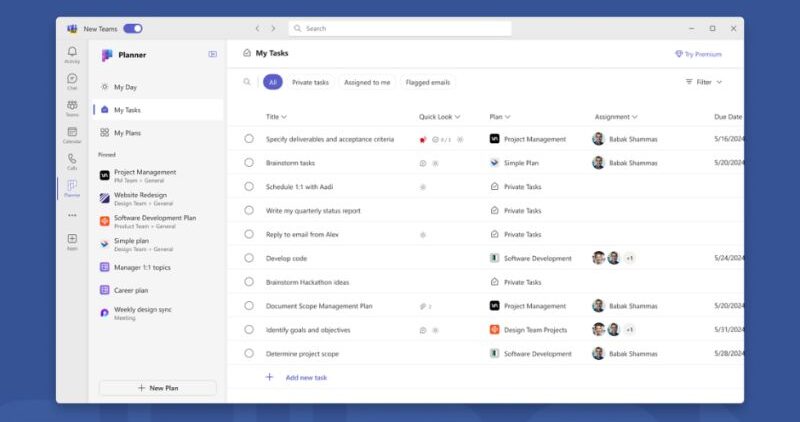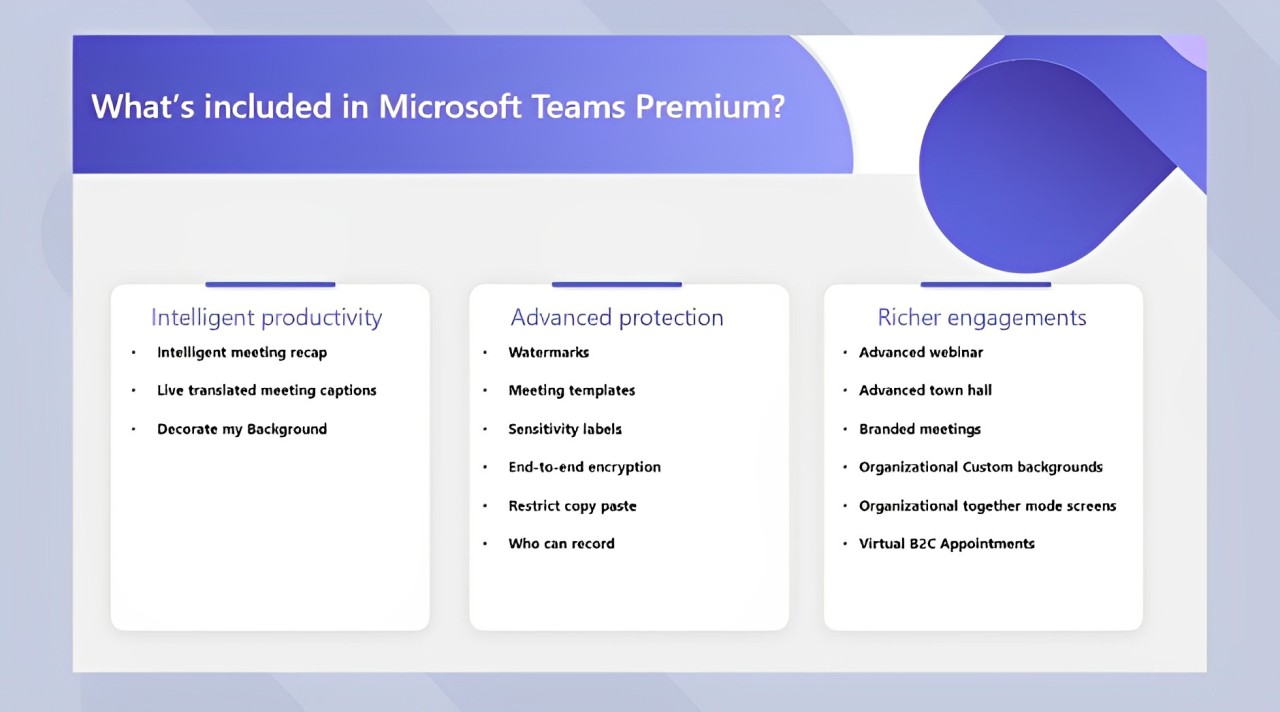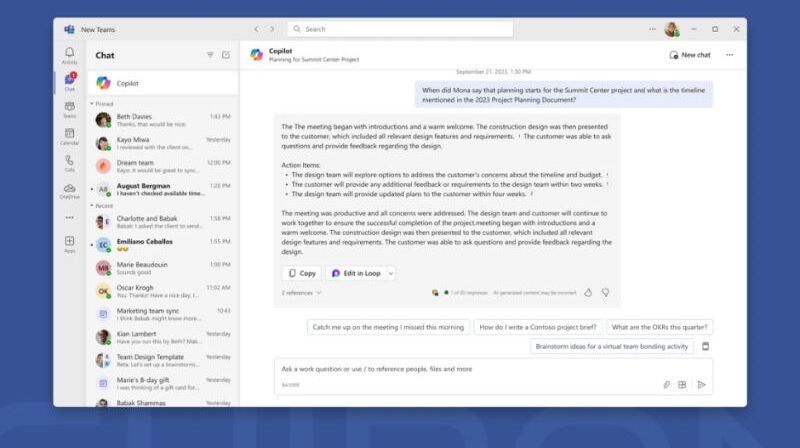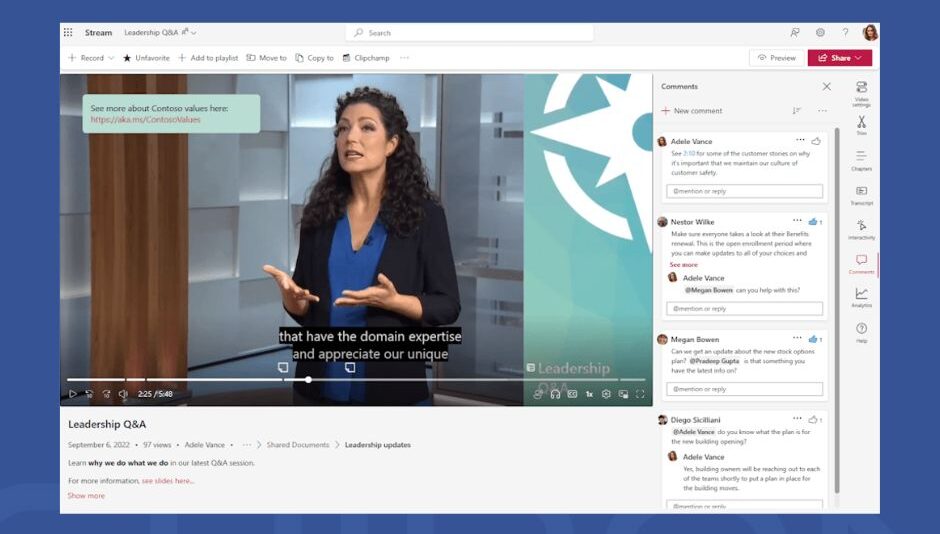
The Full Guide to Web Design Project Management for Developers, Designers, and Marketers

Customer projects are what keep your business solvent and expanding. If you want to be a business owner, a developer, or a marketer, you must have the technical skills essential to help you provide high-quality work to your customers. The significance of establishing web design project management skills, on the other hand, grows in direct proportion to the size and intricacy of your projects. Great web design is something we know a lot about at Chiron.
It is easy to get caught up in creating project deliverables and improving your technical skills. However, if you have ever missed a deadline, neglected to follow up with a project stakeholder, or had a workflow interruption, you know that delivering work on time and in a well-organized way is frequently just as important to customers. Effective project management may be the difference between pleased customers who return for more and angry customers who impede a company's growth.
Here at Chiron, we will take you by hand and walk you through the five components of efficient web design and development project management.
What does it mean to manage a web design project?
What does "project management" mean in the context of web design and development projects? Put another way; it is the process of properly planning and managing the time and resources required to complete a client project by the deadline. It covers a wide range of topics, including:- The project's objective
- The sort of project
- The total number of individuals participating
- Your deadlines
How do you handle your web design projects effectively?
Excellent project management skills are required to create an environment conducive to innovative and original client work. Creating a favorable climate for such work, like honing your craft, necessitates dedicating time and effort to increase your technical abilities, something we are very proud of doing at Chiron. Project management is a highly collaborative process requiring continuous and clear communication among you, your coworkers, and your clients. Successful project managers do not work alone. When working on a client project, keep the following five points in mind:- First, establish and address the needs of your customers.
- Appoint a project manager.
- Allow for cooperation and communication.
- Check in frequently to check how things are going.
- Include stakeholders in the planning process from the start.






